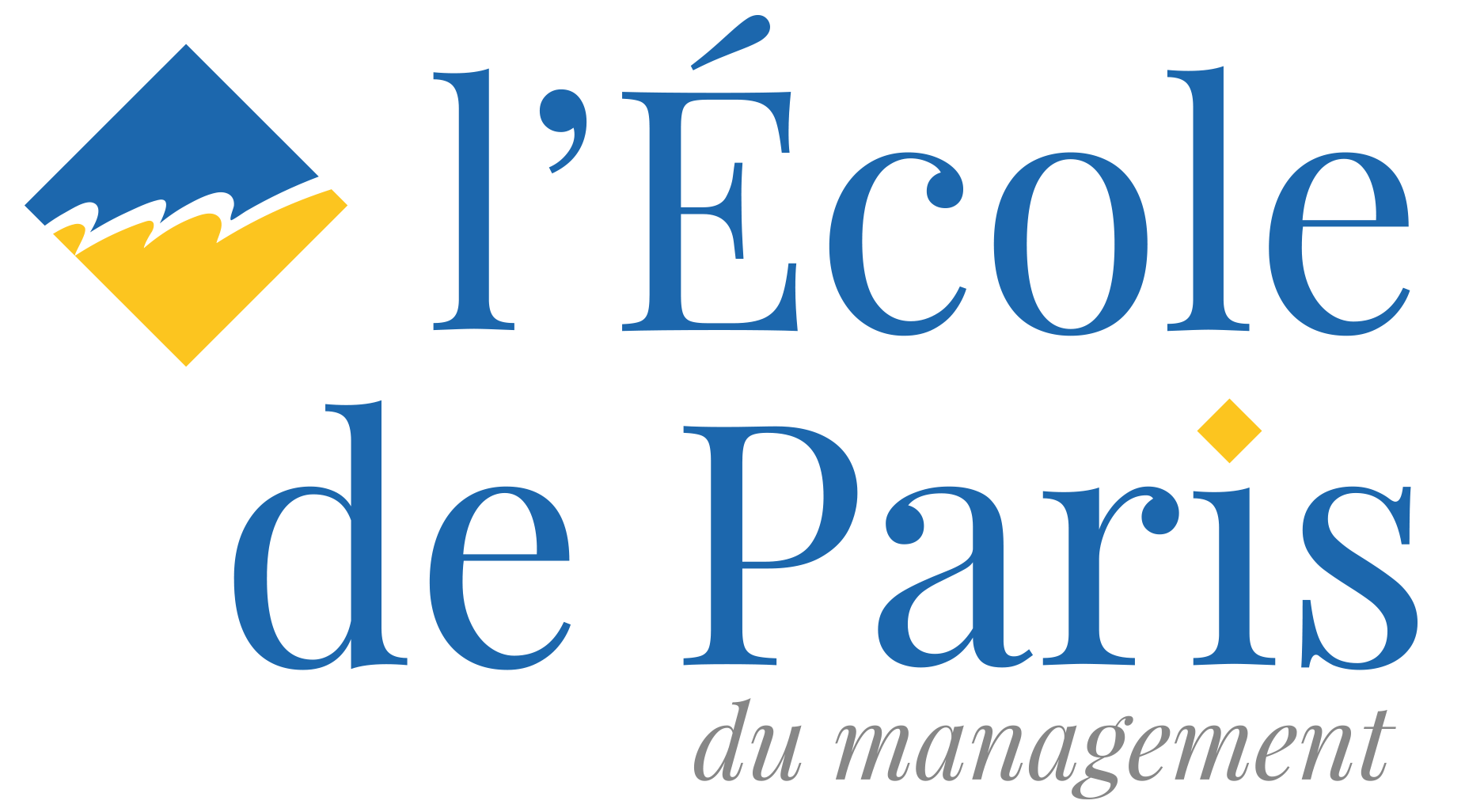Renault-Nissan alliance on a daily basis : co-operation and cultural integration of the teams
Jérôme DECROIX
Renault, graduate of HEC Business School, Former student chair, 'Management multiculturel et performances de l'entreprise', Renault-École polytechnique-HEC
Benoît TOCCACIELI
Student, École polytechnique, Former student chair, 'Management multiculturel et performances de l'entreprise', Renault-École polytechnique-HEC
Ève CHIAPELLO
Professor, HEC Business School, Joint chair, 'Management multiculturel et performances de l'entreprise', Renault-École polytechnique-HEC
Éric GODELIER
Professor, École polytechnique, Chair, 'Management multiculturel et performances de l'entreprise', Renault-École polytechnique-HEC
Seminar Company cultures and managements | Monday December 13, 2010 - 17h - 19h
The entire article was written by:
Élisabeth BOURGUINAT


No comments yet